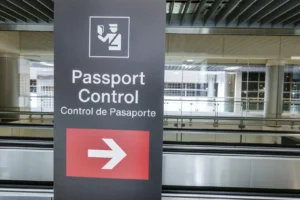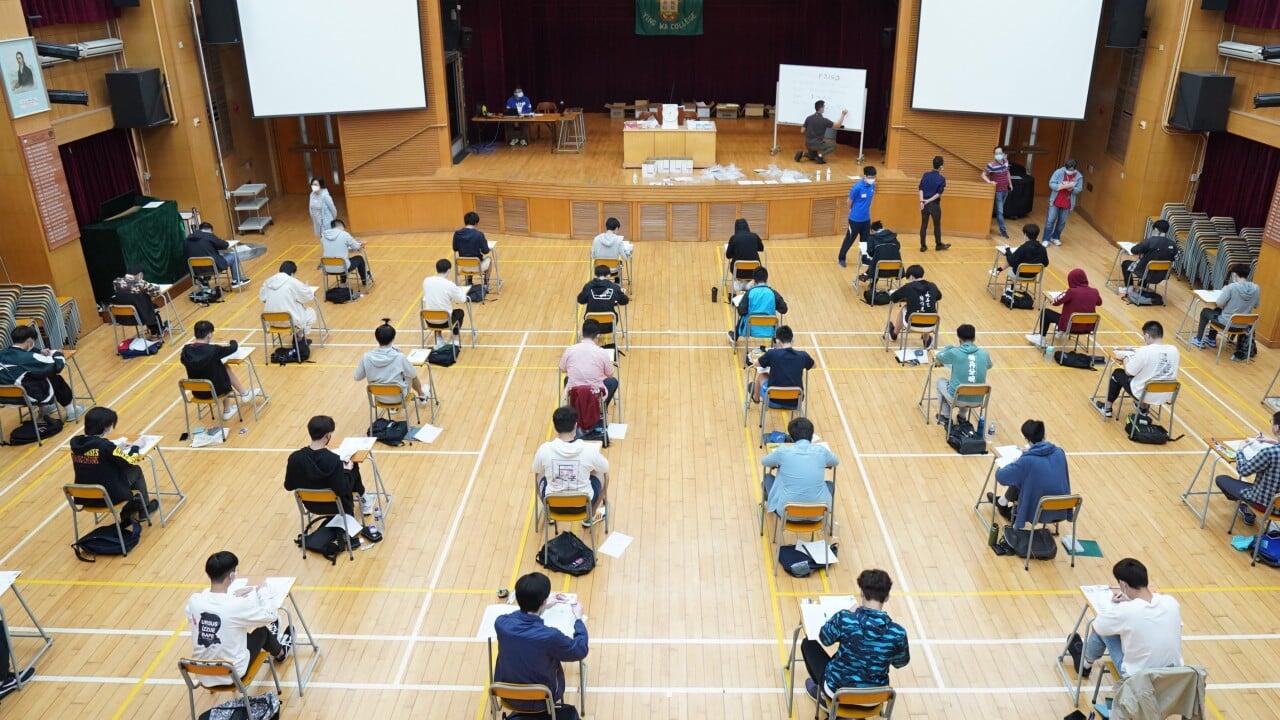The proposal to internationalize Hong Kong's DSE exams aims to establish Hong Kong as a leading global education hub, attracting international students and boosting its economy. However, ensuring fair competition and equity in university admissions for local students remains a key challenge. The success of this Hong Kong education initiative depends on transparent and fair implementation.
Boosting Hong Kong’s Global Education Standing
The proposal to internationalize Hong Kong’s Diploma of Secondary Education (DSE) examination aims to establish Hong Kong as a leading global education hub. This strategic move seeks to attract international students and enhance the city’s reputation in the competitive global education market. The initiative is similar to strategies employed by other leading education destinations, such as the United States and the United Kingdom.
Attracting International Students to Hong Kong
Central to this plan is making the DSE accessible globally. This involves expanding exam centers beyond Hong Kong’s borders, facilitating participation from international students. Furthermore, discussions include the potential allocation of bonus points for non-local applicants. However, this aspect requires careful consideration to ensure fairness and avoid potential controversies regarding meritocracy.
Addressing Equity and Meritocracy Concerns
The suggestion of bonus points for international students raises important questions about equity and fair competition within the university admissions process. Transparency in the allocation of bonus points and the implementation of objective criteria are essential. Ensuring a level playing field for both local and international students is paramount to maintaining the integrity of the system.
Balancing Local and International Interests
The internationalization of the DSE must carefully balance the ambition of creating a global education hub with the interests of local students. Safeguarding the academic opportunities for Hong Kong’s students remains a priority. The success of this strategy hinges on a thoughtful approach that considers the implications for all stakeholders.
Economic and Technological Benefits
The influx of international students could bring significant economic benefits to Hong Kong. Increased enrollment translates to higher revenue for educational institutions and related businesses. Moreover, the presence of a diverse student body fosters innovation and collaboration, potentially leading to advancements in scientific and technological fields. Hong Kong’s vibrant academic landscape could attract further foreign investment.
Hong Kong’s Post-1997 Identity
The proposed changes to the DSE occur within the context of Hong Kong’s evolving identity since the 1997 handover. This initiative represents an attempt to maintain and strengthen Hong Kong’s international standing in higher education, ensuring its continued competitiveness within a complex global landscape. The initiative’s success depends on addressing global education trends and the city’s unique position in Asia.
Conclusion: A Strategic Move for Hong Kong
The internationalization of the DSE is a bold step with the potential to transform Hong Kong into a prominent global education center. The key to success lies in careful planning, transparent implementation, and a commitment to ensuring fairness and equal opportunities for all students, regardless of their nationality. The careful consideration of the implications for local students is vital to the proposal’s success. This will shape the future of Hong Kong’s education sector.











